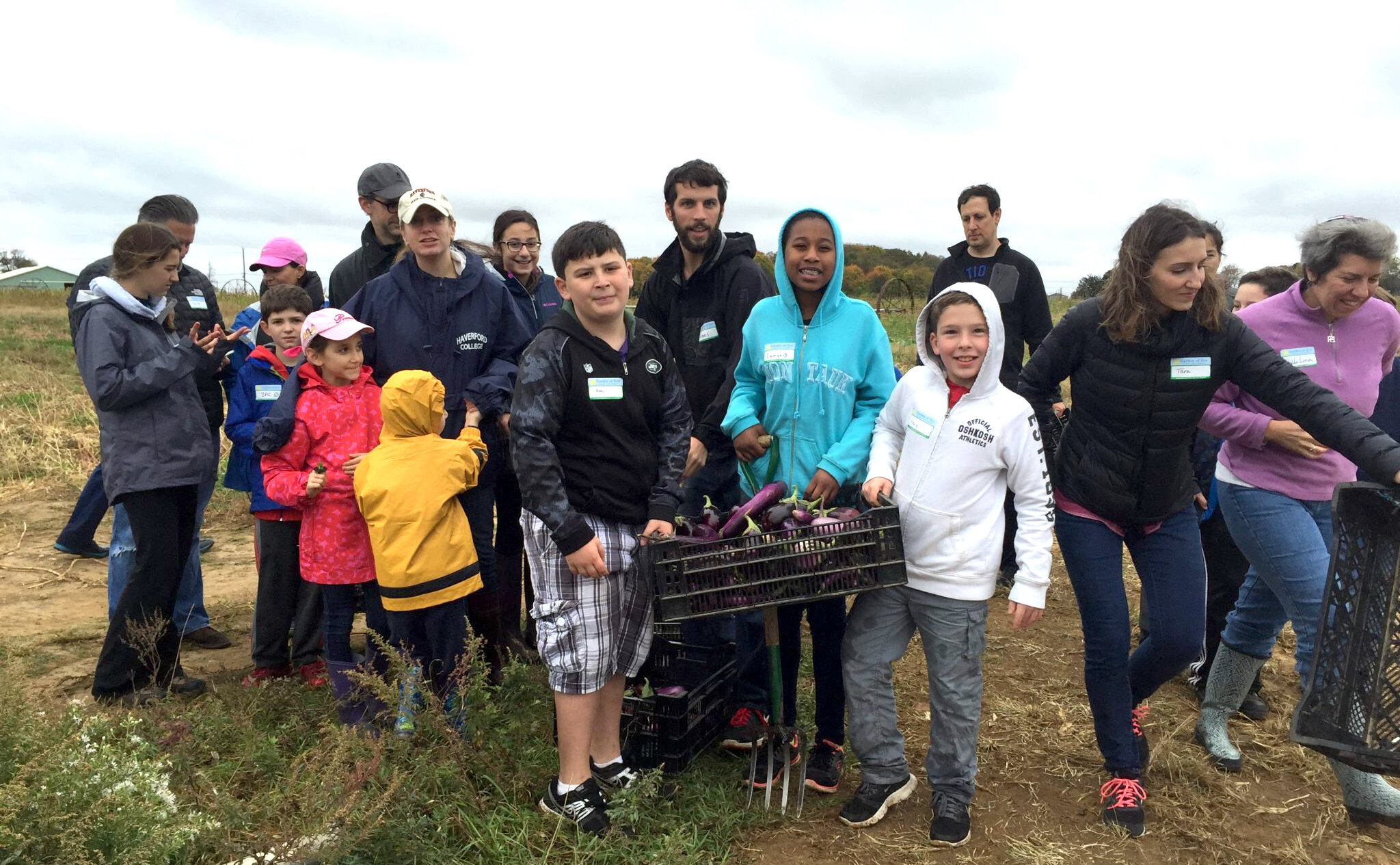Image credit: gardenofevefarm.com
This past year taught harsh lessons about the fragility of the nation’s food system, and the local resiliency needed to respond to handle a crisis like COVID-19. For the past two years, the CUNY Urban Food Policy Institute and the East End Food Institute, an organization that builds partnerships among farmers, food producers, and food consumers on the East End of Long Island, have worked together to identify the strengths and weakness of the East End food system. They also seek to build a foundation for developing a “community-owned” long term food plan for the area. On March 23, representatives of more than 50 different organizations and many community members participated in Feeding the East End, a virtual event to explore regional food systems planning.
The goal of the session was to bring together the many constituencies need to create a “more equitable, a more sustainable, a healthier food system,” said Nicholas Freudenberg, the director of the CUNY Urban Food Policy Institute. “The systems that we have in place to feed people are biased and broken,” said Kate Fullam, director of the East End Food Institute. “Everyone should be able to enjoy the local bounty, regardless of their economic status, but right now, when I talk to food service directors, they can get an apple from New Zealand that’s cheaper than the apple from up the road at the Milk Pail in Water Mill.”
Read a report on the event in the East Hampton Star, a local newspaper here.
Read the summary report of the event, the Feeding the East End presentation, and the video of the event at the links here.
